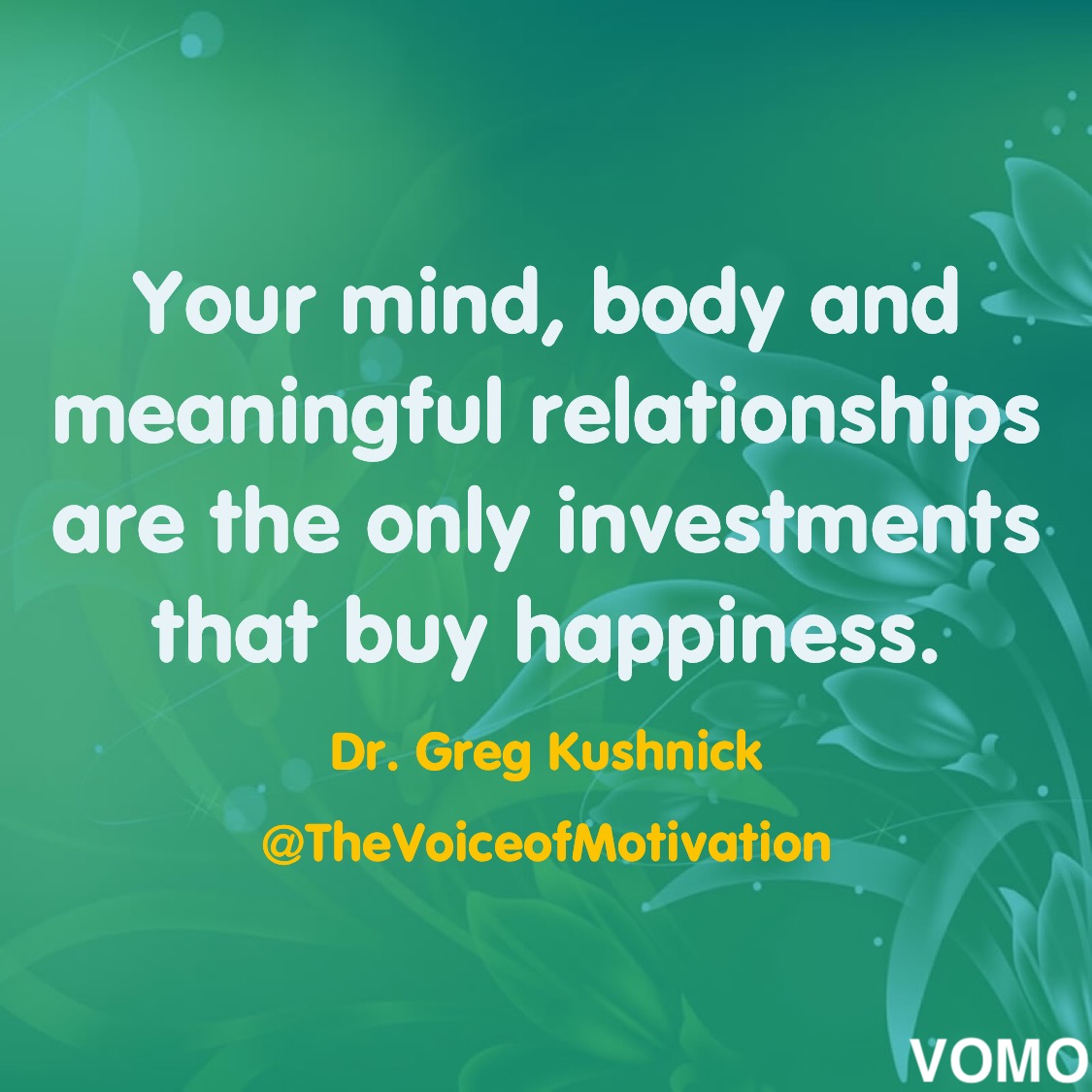A Powerful Happy Quote on changing the Way You Think – “Happiness is making enough decisions that have a delayed benefit.”
Happiness is a fleeting state, much less enduring than you’ve been led to believe. We are bombarded with media messages that pleasure should be immediate. This happy quote is meant to inspire you to expand the way you think about happiness. (For more on changing habits to increase happiness, please take a look at my Motivational Guide to Happiness.)
The constant experience of instantaneous gratification offered by your phone, your TV, recreational drugs, food, and other sources decreases your chances of actually feeling happiness when the opportunity arises.
You’re so used to the quick hit that your mind is unlearning how to deal with real rewards. In fact, the practice of waiting for a reward is becoming obsolete. People want things now. Period. This phenomenon is contributing to a widespread depression epidemic across technologically advanced cultures.
Yes, of course there are habits of thought and action that promote more positive feeling states. Yes, you can design your life to gain more fulfillment, but I think it’s important to stop thinking about happiness as a stable and enduring trait. It’s just too much pressure. It adds a shaming element when your expectations are not met.
Even if you reached a goal that brought happiness, you would eventually get used to the positive state and require changes to maintain happiness.
In fact, try too hard to find happiness and you will fall right through it.
What Is Happiness? One Helpful Angle.
Think of happiness as a commitment, an agreement to engage in a series of behaviors that promote a fleeting state of positivity that sometimes feels meaningful.
As my happy quote suggests, your happiness can disappear or decrease with one troubling thought. That doesn’t mean that you can’t get it back.
It just means that happiness is a fragile state of mind and your mental health will improve when you’re able to embrace this idea.
How to Prolong Happiness
I can go in many directions here. It comes down to two things:
- Monitor with vigilance your thinking and any changes in your mood.
- Be honest with yourself about what leads to unhappiness.
We all know what unhappiness feels like, but can you catch the thought or action that suddenly alters your mood? It’s hard to do but with practice it can be achieved.
Strive to develop an observing self, a wise part of you that can take evasive action when you’re falling down the rabbit hole. Monitor your thinking in a way that isolates and quarantines unhealthy or negative thoughts.
Be honest with yourself about how you’re likely to feel if you indulge in a negative thought.
The problem is that people lie to themselves about what will make them feel happy and they generally focus on the immediate effects of a behavior. This means being truthful about the medium and long-term consequences of an action. For example, going out an getting drunk may numb your mind for the night, but it’s also associated with a spike in depression and anxiety about a day and a half to two days later. Is it worth it?
If unhappiness is easier to hold on to, make corrections when you know you’re sliding downward.
More Ways to Protect Your Happiness
Judgment promotes unhappiness.
If your next thought is a judgment against yourself or someone else, note to yourself that you just judged. Pay attention to how many times you judge.
Along the same vein, stop making people wrong. Just because you disagree doesn’t mean you’re right and they’re wrong. It’s your opinion. Learn to tolerate other opinions and happiness becomes less elusive.
Stay away from the Land of Good and Bad.
Avoid labelling yourself, your food, your experiences, other people….as good or bad. Food is not good or bad. It’s neutral.
The more you identify and label things as “bad,” the more you will hate yourself. You can label an action as unhealthy or unsatisfying or not ideal, but stay away from the word “bad.”
Limiting your descriptions to good or bad will predict less happiness.
Since you are only as happy as your next thought,




[…] honoring your commitments is to automate some of the rituals in your life that promote health and happiness. Create routines that occur regularly without the “Should I or shouldn’t […]